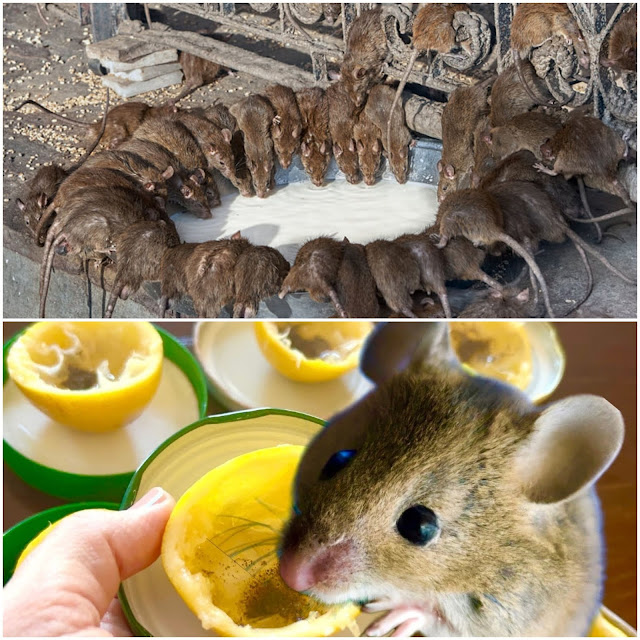
Step 4: Strategic Placement
Strategic placement is key to the success of the Lemon-Pepper Strategy. Focus on areas where rodents are most likely to frequent or gain access:
Along baseboards and corners of rooms
Near entry points such as doors, windows, and utility openings
In attics, basements, and crawl spaces
Around food storage areas (be mindful of food safety and keep repellents away from consumables)
Step 5: Consistent Monitoring and Refreshing
Regular monitoring and refreshing of lemon and pepper repellents are crucial for long-term effectiveness:
Check and replace or refresh lemon-soaked materials and pepper barriers weekly or as needed.
Keep an eye on rodent activity and adjust placement or quantity of repellents accordingly.
Step 6: Supplemental Measures
While the Lemon-Pepper Strategy can be highly effective, consider complementing it with other preventive measures:
Seal cracks, gaps, and entry points to deny rodents access to your home.
Keep food storage areas clean, secure, and free of crumbs or spills.
Remove outdoor attractants such as bird feeders or uncovered garbage bins that may draw rodents.
Step 7: Persistence and Patience
Rodent control is often a process that requires persistence and patience. Even with effective repellents, it may take time to see a significant reduction in rodent activity. Stay consistent with your Lemon-Pepper Strategy and supplementary measures for optimal results.
By following this almost foolproof approach to rodent control using the Lemon-Pepper Strategy, you can create a less inviting environment for rodents while avoiding the use of harsh chemicals or methods. Enjoy a pest-free home with the power of natural ingredients and strategic planning
